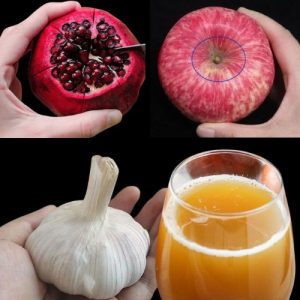Introduction to Soursop Leaf Tea and its Potential Benefits
Soursop, a tropical fruit known for its unique flavor, has gained attention for its potential health benefits, particularly in the realm of cancer research. One of the most popular ways to harness the medicinal properties of soursop is by making tea from its leaves. This natural remedy, often used alongside conventional treatments, is celebrated for its potential to combat cancer due to the bioactive compounds found in the leaves.
Anti-Cancer Properties of Soursop Leaves
Soursop leaves are rich in bioactive compounds, including acetogenins, which have been studied for their ability to target and kill cancer cells while leaving healthy cells unharmed. Laboratory research has shown that these compounds may inhibit the growth of various types of cancer cells, offering hope as a complementary approach to cancer treatment. However, further clinical studies are needed to confirm these findings in humans.
How to Make Soursop Leaf Tea
Making soursop leaf tea is simple and can be done with either fresh or dried leaves. Start by washing a handful of fresh leaves or using dried ones available online. Crush the leaves slightly and boil them in water for about 10-15 minutes. After steeping, strain the tea and enjoy it as is or with a touch of honey or lemon. Drinking one to two cups daily is common, but it’s always best to consult with a healthcare provider before incorporating it into your routine.
Important Considerations for Use
While soursop leaf tea shows potential as a natural remedy, it’s important to approach its use cautiously. Always consult with your healthcare provider, especially if you are undergoing cancer treatment or taking medications. Pregnant or breastfeeding women should avoid soursop leaf tea due to limited research on its safety in these groups. Additionally, the long-term effects of regular consumption are not well understood, so moderation and medical guidance are key.





